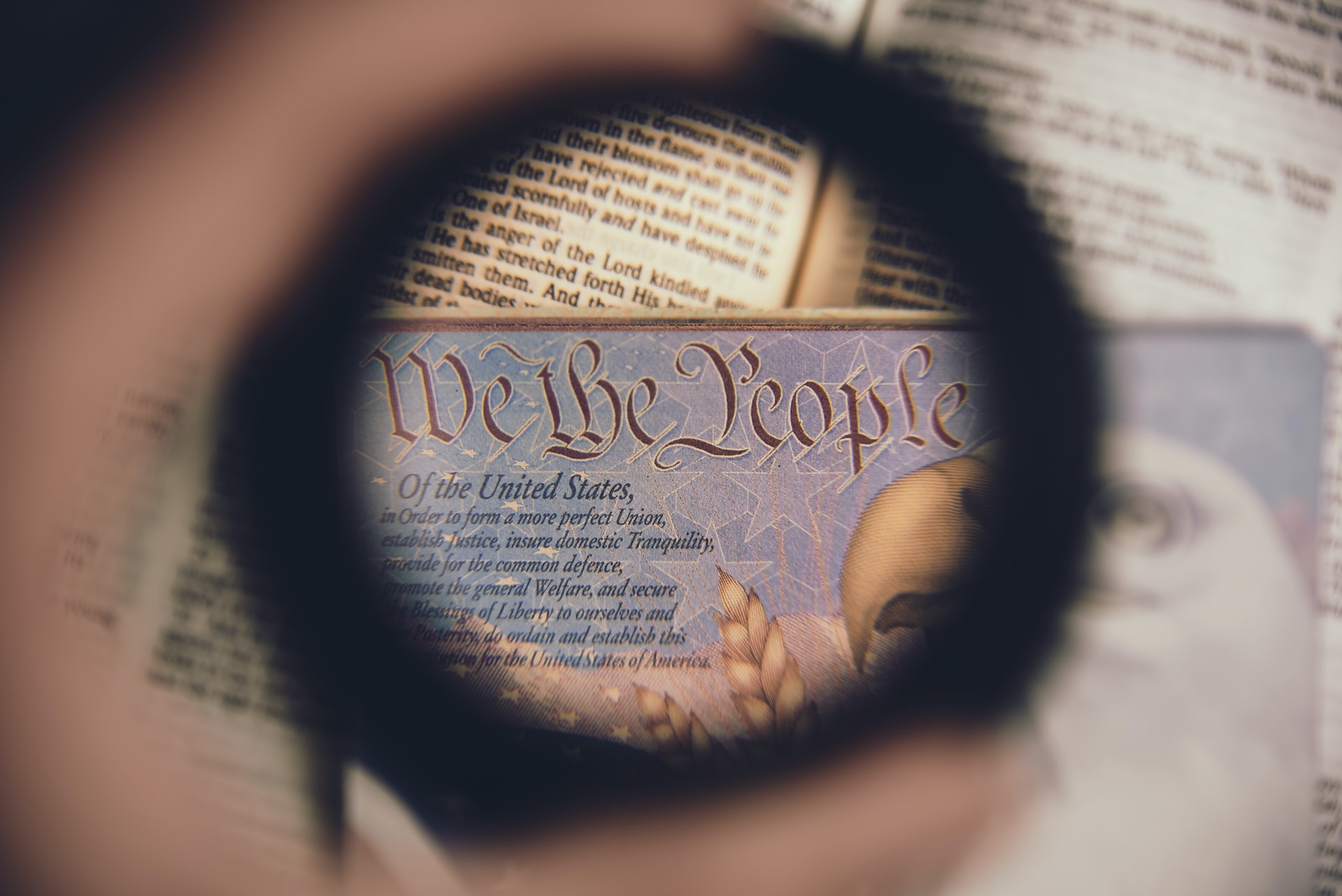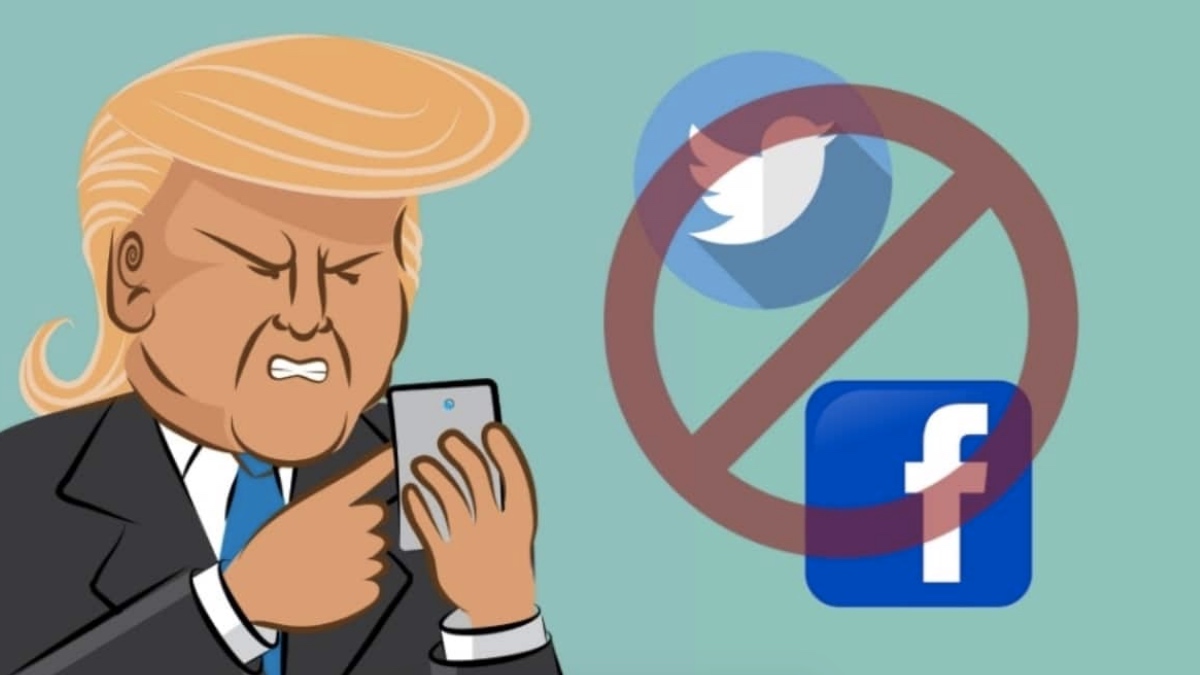Social media as an issue sold like hot cakes in the corridors of the U.S. Congress this year. The latest variety of this cake is the FCC-Section 230 scenario, which may go south for social media platforms soon enough. If you’re a fan of free speech online, the Trump administration’s goodbye gift might as well be the final nail in your social media freedom.
Even though the U.S. Presidential elections are over, there are still concerns over certain key decisions still coming from the White House. One of these decisions was triggered several months ago, over a dispute between the President and Twitter. Now, that dispute has evolved into the Federal Communications Commission (FCC) trying to rewrite Section 230 of the Communications (Decency) Act.
What Is Section 230 and FCC?

Section 230 of the Communications Act in the U.S. is the section that safeguards social media companies from being held liable for the user’s posts. It says: “No provider or user of an interactive computer service shall be treated as the publisher or speaker of any information provided by another information content provider”.
The Federal Communications Commission (FCC) is an independent U.S. government body that regulates interstate and international communications by radio, television, wire, satellite, and cable in all 50 states, the District of Columbia, and U.S. territories. Its leadership comprises of a chairperson and four commissioners.
Now that I’ve defined both, it should be clear that the FCC and section 230 don’t even belong in the same sentence. It’s nowhere in the commission’s ambit to regulate social media or interpret laws regulating it. So why the fuss? Let me explain it now.
Republicans Raining Fire On Social Media

The whole FCC and section 230 scenario began back in May when Twitter applied a fact-check to the President’s tweets. Trump responded with an Executive Order to strip social media platforms of section 230 immunity. The order started a chain reaction throughout the U.S. government to tighten the reins on Facebook, Twitter, and others.
Also Read: Big Tech CEOs And Section 230 Hearing: 5 Biggest Takeaways
In July, the National Telecommunications and Information Administration (NTIA) raised a petition before the FCC to clarify section 230. One of the key architects of this petition was Nathan Simington. If you’ve heard the name before, it’s because he was recently nominated to be an FCC commissioner by the Republicans. Simington’s nomination is not half as interesting as his predecessor’s replacement.
The current Republican FCC Commissioner Michael O’Rielly subtly commented that the government’s decision about section 230 was in ill faith. He paid for it with the Republicans quickly withdrawing his nomination and nominating Nathan Simington, the same guy who wrote the petition to “clarify” section 230.
Summing up, President Trump signed an executive order with the aim to take away section 230 immunity to social media companies. Nathan Simington, working at the NTIA, raised a petition to the FCC to make changes to the Section. Then, Simington got nominated by the Republicans to become the next FCC commissioner.
If I were to oversimplify what happened here, it’s like a teenager writing a letter to himself saying, “eat all that chocolate mom told you not to eat” and then mailing it to his own address. When he receives that letter, he opens it, reads the content, and eats all the chocolates. Do you know what happened to that kid? Dental Cavities.
A one-sided approach is being considered, discussions dismissed, and those who don’t do the bidding get fired. While some may hope that the Biden administration will bring some change, I’m afraid no such thing might happen. If FCC chairperson Ajit Pai’s statement is to be considered, there’s a bipartisan agreement about FCC re-interpreting Section 230. It remains to be seen what becomes of the law once the administration is done with it.
The post The FCC – Section 230 Mess Explained: Trump’s Parting Gift To The U.S. appeared first on Fossbytes.
The FCC – Section 230 Mess Explained: Trump’s Parting Gift To The U.S.
read more
No comments:
Post a Comment